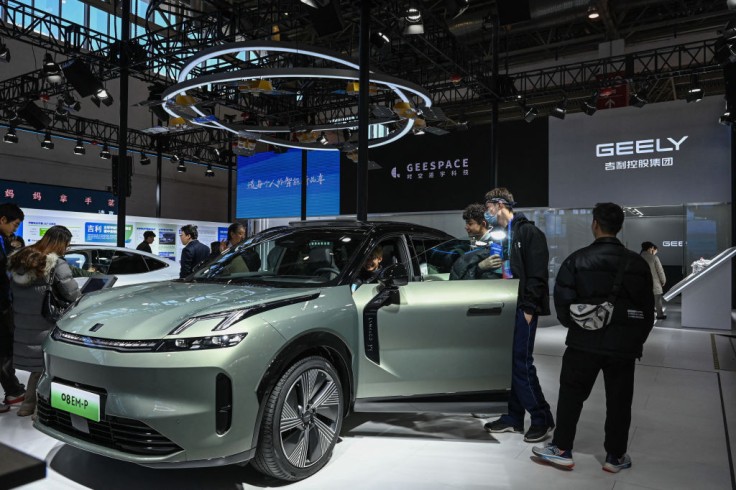Chinese automaker Geely announced that it has launched 11 low-Earth orbit satellites as part of its effort to provide more accurate navigation for autonomous vehicles.
The satellites were deployed from Xichang Satellite Launch Center, marking its second successful satellite launch.

Geely Invests to Project Constellation to Assist Autonomous Cars
In 2022, Geespace, a subsidiary of Geely, successfully launched its first nine low-Earth orbit satellites from the same Center. According to the report, this is part of the Geely Future Mobility Constellation project which aims to launch 240 satellites.
Geely is expecting to complete the first phase of the project in 2025 by completing 72 successful satellite launches. The remaining 168 satellites will be part of the second phase.
The Constellation project will be used to integrate communication, improve navigation, and implement remote sensing using a single satellite network. Currently, Geely has incorporated models Zeekr 001 FR, Zeekr 007, and Geely Galaxy E8 with satellite communication functionality.
Geely Promotes Cost-Effective Satellite Services Among Customers
According to the report, the second phase of the Constellation project will focus on expanding the network and is set to deliver global centimeter-level high-precision position services. Moreover, it is expected to give the customers cost-effective yet highly reliable services.
Sectors focused on mobility, autonomous driving, smart connectivity, and consumer electronics are expected to benefit from the project. The satellites are equipped with AI remote sensing functions, providing one to five meters of clear high-resolution remote sensing images.
"By establishing the Geely Future Mobility Constellation, Geespace is positioning itself to meet future user demands for high-precision positioning, space-based communication, and remote sensing services," CEO and chief scientist of Geespace, Tony Wang, explained in 2022.
Related Article : Tesla Designs Dojo Supercomputer to Process Vehicle Data, Train AI









